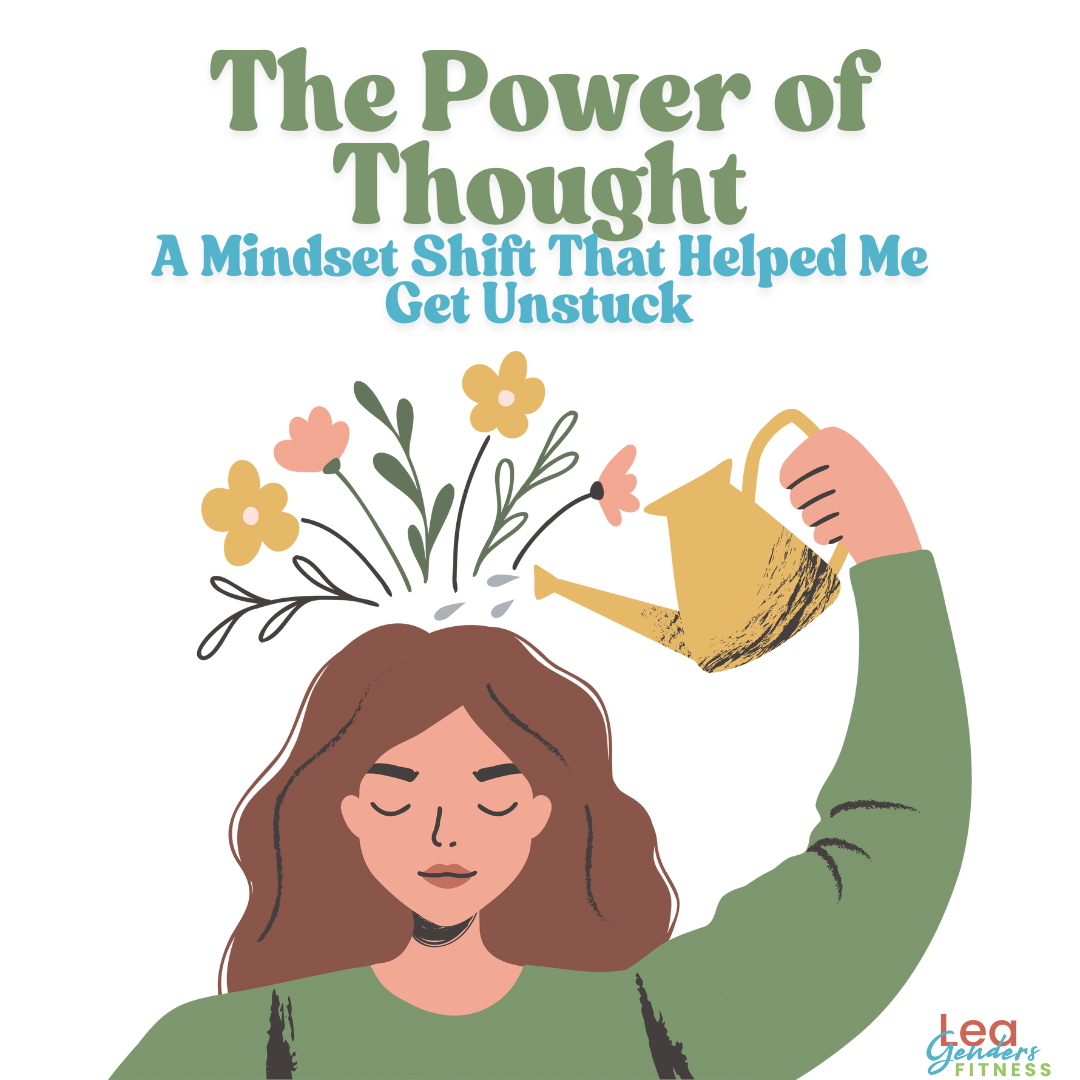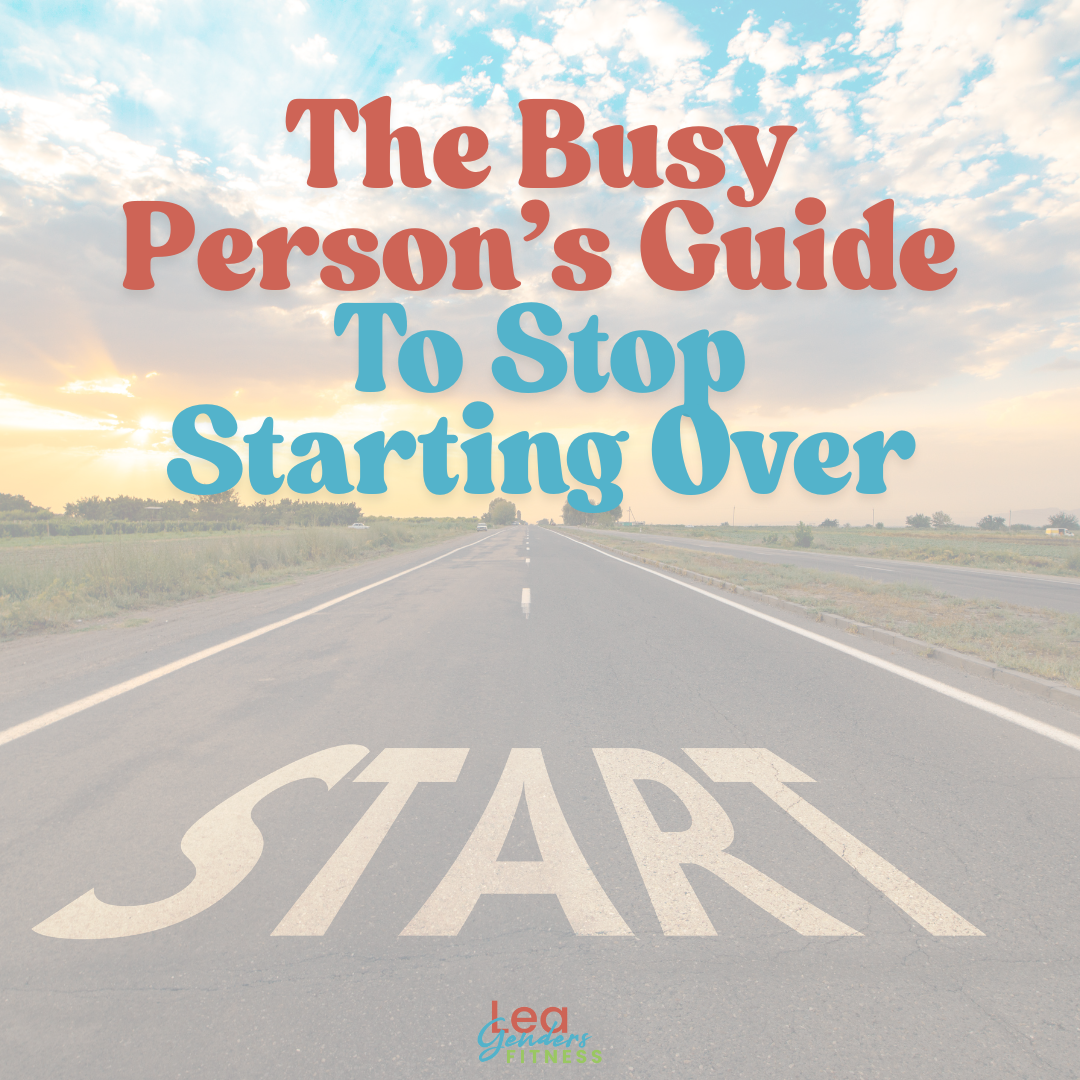When the new year rolls in, many people are ready to start making nutrition changes to improve their health and lose some weight. Still, with so many mixed messages, it can be confusing at best and overwhelming for many to understand what they need to eat to reach their goals.
Should you try Keto, Paleo, the raw food diet, Intermittent Fasting? What about that Netflix documentary? Should you go Vegan? What about tracking macros? Counting calories? Or try to eat clean? The answer lies within you. What makes sense with your lifestyle? What can you stick with over a lifetime? What makes you feel most satisfied and nourished? How do these different nutrition choices make you look, feel, and perform?
Help! What Diet Should I Follow To Lose Weight?
Nutrition is highly individual. What works for your co-worker or sister-in-law may not be the best choice for you. You read success stories on the internet about seemingly miraculous weight loss, and it can be tempting to try that new diet. There are books, blogs, doctors, social media influencers, and real-life friends who swear by the latest fad diet, which changes every couple of years.
When I say fad diet, I am not implying it won't work, or it is not valid, just that it has seen a spike in popularity that will last awhile and likely fade away when something new takes the spotlight. How to evaluate food trends to make better nutrition choices.
Some people say diets don't work, but I take a different stance. All diets are effective when you follow them. The problem with diets is that they are often too restrictive and difficult to follow long term. People that chase the miracle diet are looking for a short-term solution to a long-term problem.
A diet is simply what you choose to eat. It doesn't need to be extremely restrictive to be effective. People tend to take extreme measures because they think it will bring results faster, but a more moderate approach over a longer period will usually yield the best results. In other words, making healthy changes to your lifestyle, rather than following a particular diet is a more sustainable approach.
You know you crossed over from a diet to a healthy lifestyle, when you enjoy the food you choose to eat, and the foods you want to minimize are less desirable.
I don't have an issue with people trying different diets to see which ones work best for them, because how will you know what works with your lifestyle until you try it? Approach it as an experiment, not as the miracle solution you've been waiting for your whole life. Before you begin your experiment, make sure that it has the below essential qualities of an effective diet.
I generally recommend people don't waste their time on cleanses, detoxes, soup, or hard-boiled egg diets because they don't have the qualities of a long-term sustainable diet.
What diet should you follow? It doesn't matter which diet you choose because if it has these qualities, you're more likely to stay with it, and when you are consistent with your diet, you'll see the best results. It's the yo-yo on and off diets that cause the most harm and frustration.
YOUR DIET IS SUSTAINABLE AND FITS YOUR LIFESTYLE
If you can sustain the way you eat without feeling deprived, you are more likely to stay with it. Some people don't feel deprived when they reduce carbs; some people do (raises hand). If you're not suffering from your diet, you're more likely to make it part of your lifestyle long term.
YOUR DIET IS MOSTLY WHOLE FOODS AND VEGETABLES
If you eat nutrient-dense whole-foods from nature and limit processed foods, it will contribute to your overall health, not just weight loss. Most everyone can benefit from adding more plants to their diet.
Educate yourself on food labels. Learn to read the nutrition facts label and ingredients list so that you don't make food choices based on marketing labels, which are often intentionally deceiving to encourage people to think processed foods are a healthy choice. Food labels that boast that they are natural, organic, sugar-free, fat-free, low-carb, and non-GMO are on unhealthy processed foods too.
Learn to dig a little deeper when making food choices. Many years ago, I ate low-carb cookies because I thought carbohydrates were terrible for me. It wasn't the carbohydrates that I should have been avoiding; it was the processed cookies.
YOUR DIET PROVIDES ADEQUATE COMPLETE PROTEINS
We need protein to sustain and build muscle. One of the most critical considerations when losing weight is to ensure we are losing fat and not muscle. Adequate complete proteins help us preserve muscle mass while losing weight, which keeps our metabolism revving.
Anyone attempting to lose weight should be paying close attention to their protein intake. If you lose weight and also lose muscle, you are setting yourself up for a rebound in weight gain.
YOUR DIET PUTS YOU IN A CALORIE DEFICIT
You lose weight when you eat fewer calories than you burn. There are many ways to reduce calories: some reduce certain macro-nutrients like carbohydrates or fats, others reduce the number of meals in a day, such as in intermittent fasting, some people focus on portion control, and others count calories or macros.
Your lifestyle dictates what will work for you. Some people like the control of weighing and measuring all their food, others are too busy for that and prefer to focus on portion control and hunger and fullness signals.
YOUR DIET MAKES YOU LOOK, FEEL AND PERFORM YOUR BEST
We all may respond to the foods we eat a bit differently. Some people don't process dairy well; some people are more carb tolerant than others. If a food doesn't make you feel your best, even if it is a seemingly healthy food, then it's probably best for you to avoid it.
Only you can determine what works for your body. Learn to listen to your body and make the connection between what you eat and how you feel.
A diet that leaves you feeling deprived and sluggish won't last long, no matter how fast the pounds come off. Your diet should increase your health, not cause detriment to it. Consider the health implications of your choice.
DON'T MAKE THIS DIETING MISTAKE
The mistake people make is that they go on an extreme diet, lose weight, then eventually gain it back, but still think the diet was effective. I've done this more times than I care to admit.
Because they lost weight on the diet, they deem it an effective diet. They often think they need to do it again because it worked the last time. But if they gained the weight back, it didn't work. It wasn't sustainable. If you are not able to keep the weight off, or you go off the diet, it is likely not the right diet for you and your lifestyle. A diet only works when you stay with it. If you can't follow it all the time, it doesn't work for you. It is the reason extreme diets don’t have a long line of success stories.
The good news is that you don't need to follow a particular structured diet, as long as the foods you choose to eat align with the qualities of an effective diet.
What works for you? I do best when I eat mostly whole foods, plenty of carbohydrates, and leave a bit of room for indulgences, so I don't feel deprived.
(Hey friends, I am on vacation and am writing a blog post a day for 16 days straight. What do you want to learn or read about in running, strength training for runners, or nutrition? I’d love to hear your ideas for future blog posts. Thanks, and happy holidays!)
Did you like this post? Do you know someone who might benefit? It helps me when you share with your friends and followers on Facebook, Twitter, or Pinterest.
Questions? I’d love to help.













When progress feels slow or uncomfortable, it’s tempting to chase something shiny: a new diet, a new plan, a total overhaul. But what if the problem isn’t your plan? What if it’s just the part where it gets hard? In this post, I’m sharing the simple mindset trick I use to stay focused when distractions pop up, and how the same approach can help you stop starting over in your health and fitness goals.